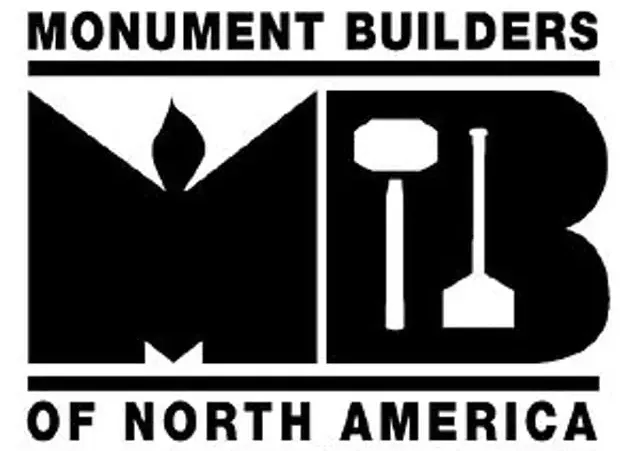What to Expect at a Funeral
What to Expect at a Funeral
We’ve all been there. Going to a funeral can be a little daunting, especially if it’s your first or if it’s been awhile since you attended one. Let’s talk a little bit about some of the terms you will hear and what you can expect in general.
There’s a great deal of variety in funeral service today. The funeral home works with the surviving family to help them choose service options that reflect their lifestyle and belief system. The spouse, parents, or children of the deceased determine the content of the service.
The service typically includes:
1. A gathering or visitation
2. A religious ceremony
3. Burial or placement in a final resting location (committal)
4. A luncheon, brunch, or wake
The gathering may be held the evening before the service or the same day as the service.
The religious part of the service may be held in the funeral home chapel or in the family’s place of worship.
At the conclusion of the service, a procession will usually travel to the graveside where the casketed body will be buried. Cremated remains may be buried, placed in a niche, presented to a family member for keeping, or scattered.
The committal service is often followed by a meal at the church, the funeral home’s celebration center, the family home, or a restaurant.
If you are attending a gathering or visitation that takes place before the service, the body may or may not be present. When the body is present in an open casket, attendees will usually approach the casket briefly and silently say a few words of farewell or prayer.
The family may choose to receive their guests informally and casually engage in conversation as they circulate among those attending or they may choose to receive guests in a more formal receiving line.
If you are attending a memorial service, the body will not be present. A memorial service may take place weeks or even months after the passing and may or may not include the presence of cremated remains.
The family may choose to have a memorial service for a variety of reasons. Some religions require that the body be buried immediately, necessitating service after burial. Some families just need more time to come together.
How we celebrate a life is often less formal today.
The service may include pictures and music that reflect the lifetime of the deceased. Work or interests of the deceased are often reflected in objects placed in the room or favors shared with attendees.
Attendees may participate by sharing memories of the deceased. A family member or celebrant may also tell the life story in the form of a eulogy.
Funerals are an important part of the grief journey that all families must travel when they lose a family member.
We attend to support and help the family members transition their thoughts from the cause of death to the life’s legacy. This is so they can begin their long healing process.
Your attendance is appreciated and important.















